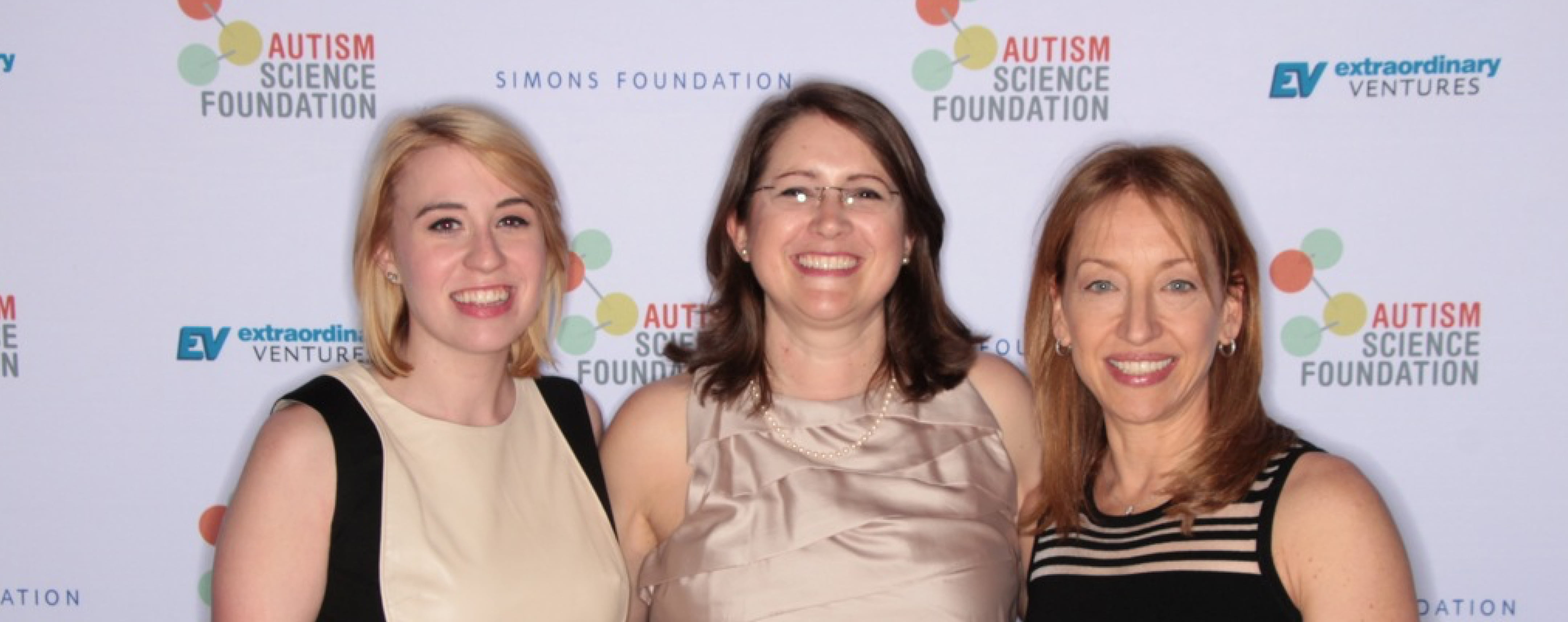Incorporating Caregiver Concerns into Measures of Sleep Disturbance in Autistic Individuals
Ensuring children are safe during the night can be a major concern for autism families. Up to 80% of children with autism experience sleep disturbances, and caregivers express concern about elopement, self-injury, and other risks that may be incurred by a child who has difficulty sleeping through the night. Safeguarding against these risks can be challenging and lead to many sleepless nights for the parents as well as the child. This project will use data gathered through remote interviews and daily sleep diaries to adapt a newly formed questionnaire that can be validated and used as a quantitative measure of caregivers’ safety-related concerns. There will be a special focus on the concerns of underrepresented groups such as families of color, those from socioeconomically disadvantaged communities, and families supporting children with additional disabilities. Additionally, objectively measured sleep data from a larger existing study will be used to assess how caregiver safety concerns relate to the actual sleep patterns of both the child and caregiver. The ability to document and measure safety-related concerns in diverse communities and identify sleep patterns linked to these concerns will lead to better understanding and more effective targeting of the specific needs of families.

